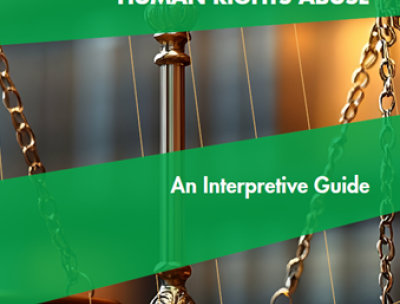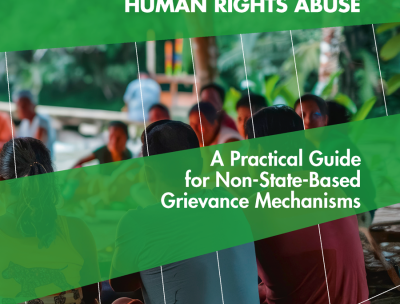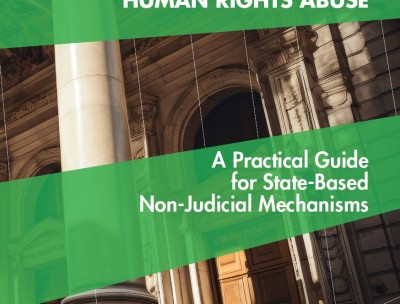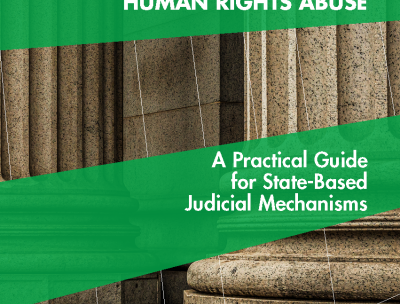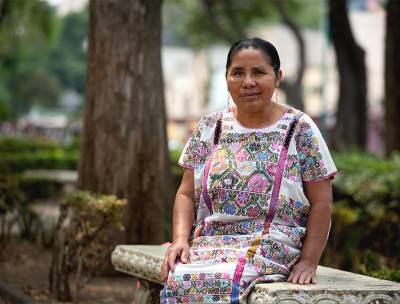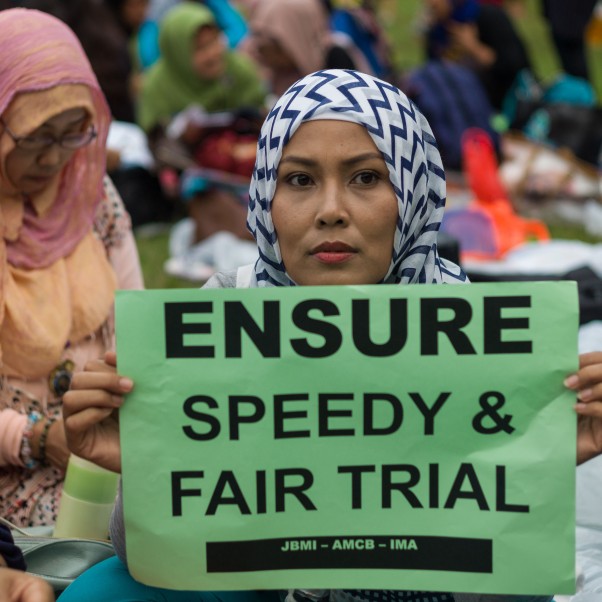
About
The rule of law is fundamental to international peace, security and political stability; it helps achieve economic and social progress, and helps protect people’s rights and freedoms. It is foundational to people’s access to public services, to curbing corruption, restraining the abuse of power, and to establishing the social contract between people and the state.
Judges, prosecutors and lawyers are subject to attacks and violations of their rights, including threats, intimidation, external interference in conducting their professional activities, arbitrary detention, prosecution, and killings. These attacks threaten the impartiality and independence of the judiciary and the legal profession.
Law enforcement officials have the authority to use force to achieve a legitimate law enforcement objective. However, this force can be misused. To prevent the abusive use of force and violation of human rights in law enforcement, States should follow a legislative framework, combined with guidance and training.
Our work
UN Human Rights has consistently advocated for security forces in all States to adhere to international standards in order to prevent the misuse of force, including the misuse of less lethal weapons in policing.
As well as advocacy, our work extends to capacity building, reviewing legislation and manuals, and training. We hold regular presentations and events on the current international legal framework, on the proper use of less lethal weapons and munitions, and on engaging with security forces.
Learn more about our work on law enforcement and human rights
Who else
Special Rapporteur on the Independence of Judges and Lawyers
This mandate was created in 1994 to record attacks on the independence of judges, lawyers and prosecutors, monitor the progress made in protecting and enhancing their independence, and identify ways to improve the impartiality of the legal profession.
